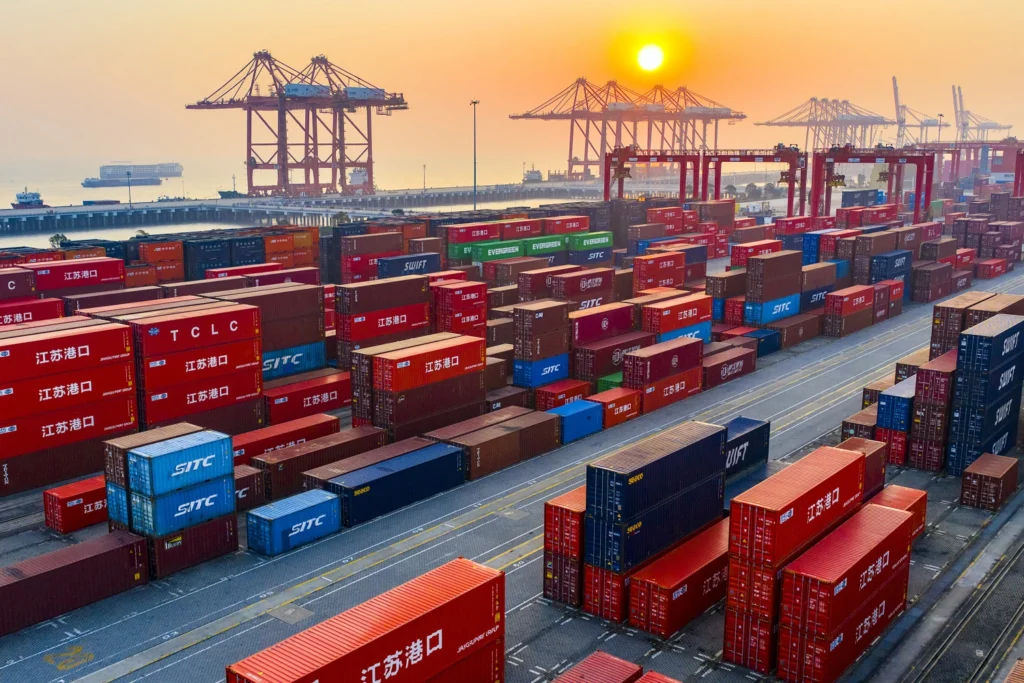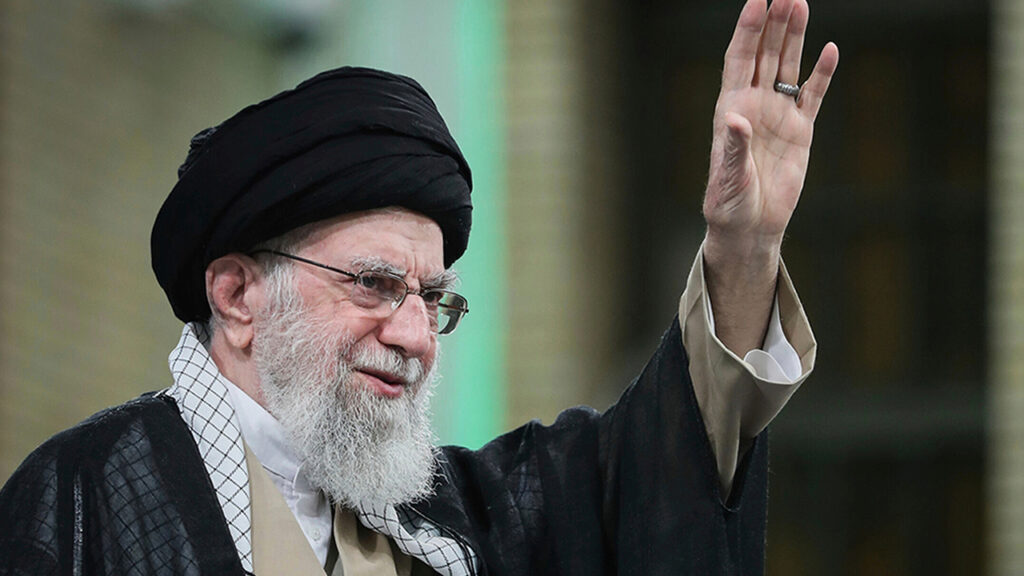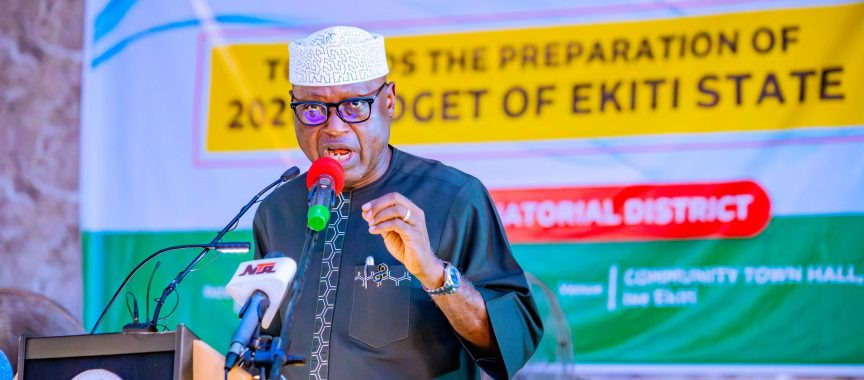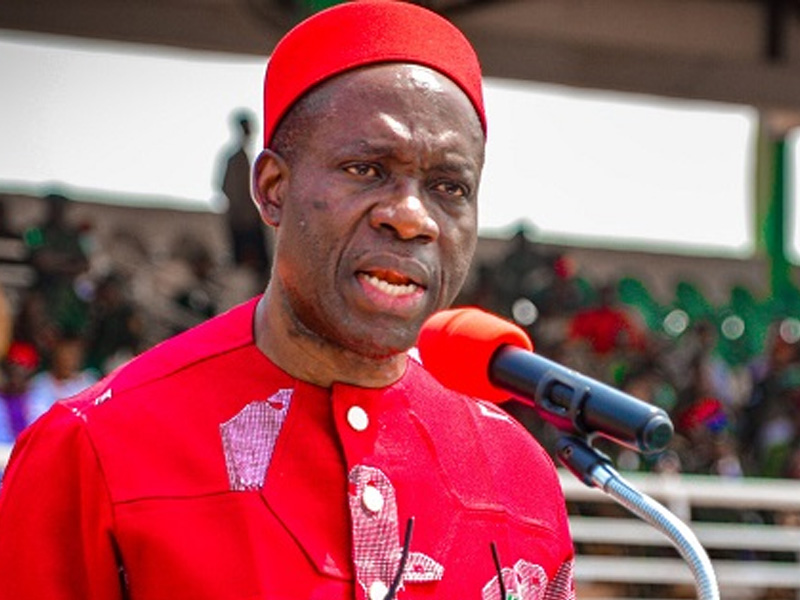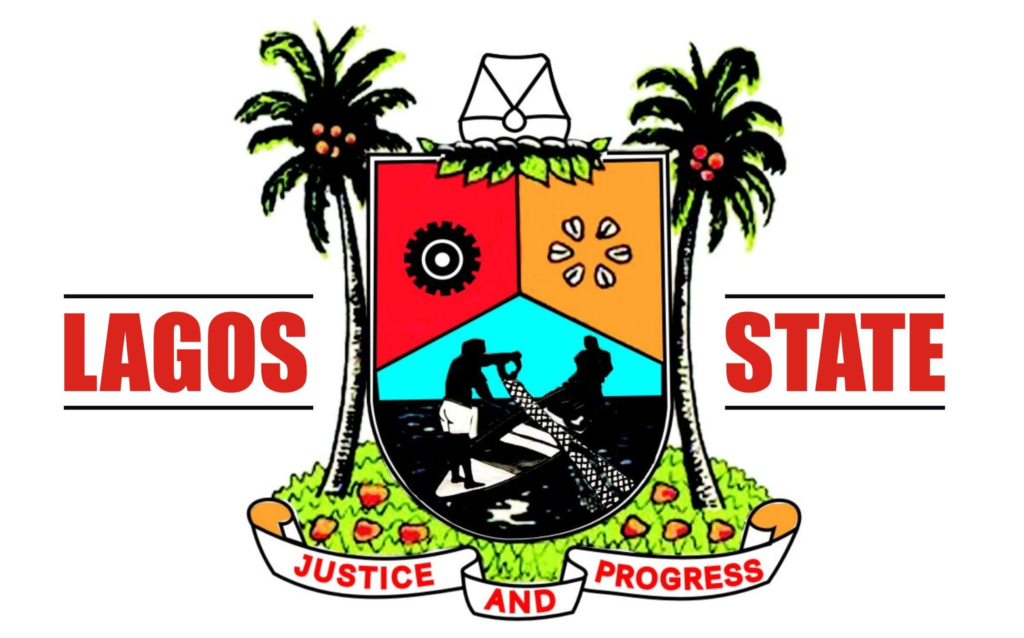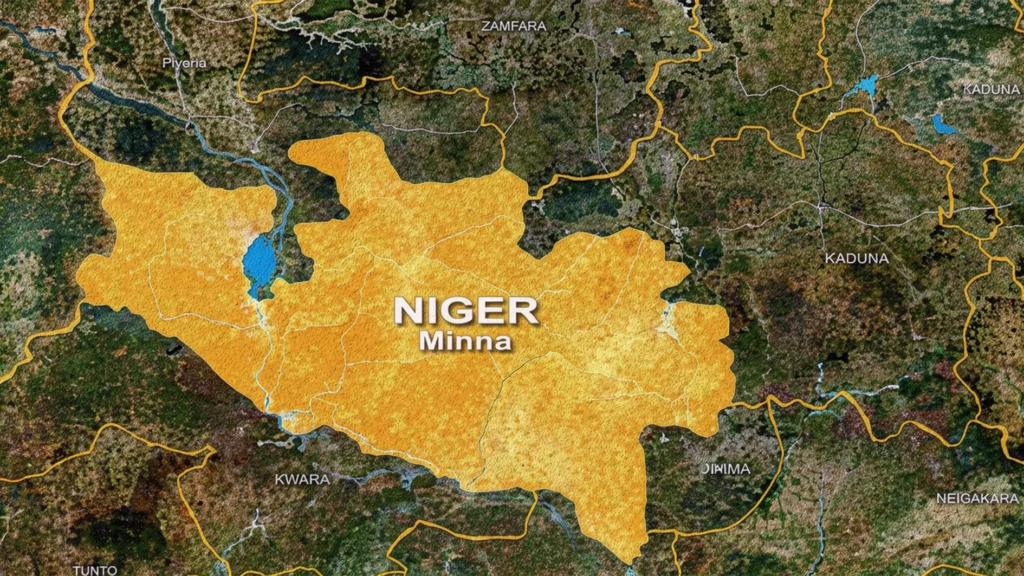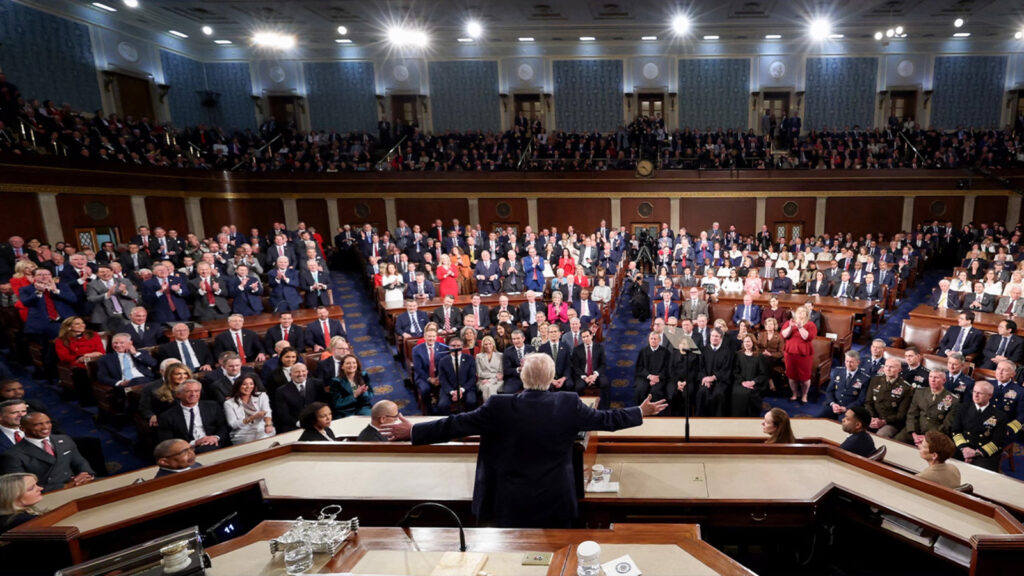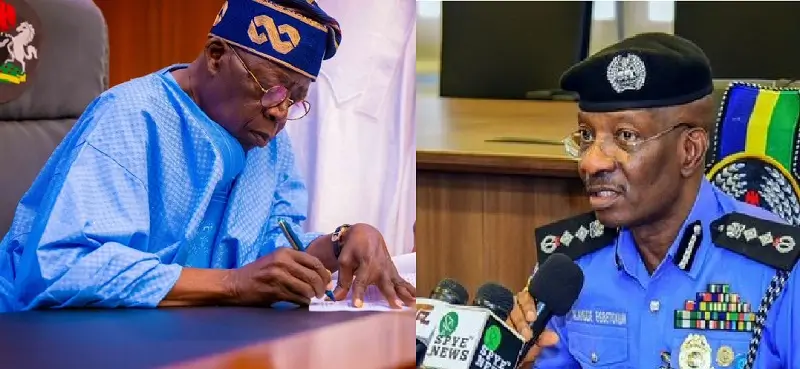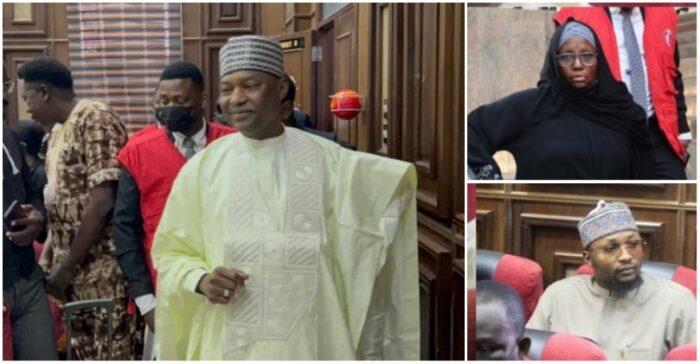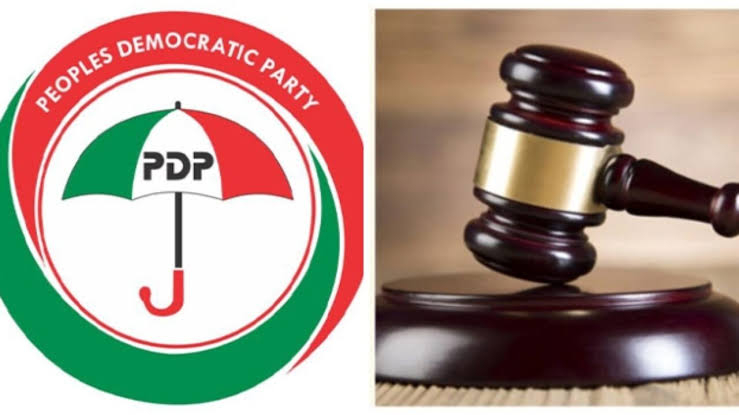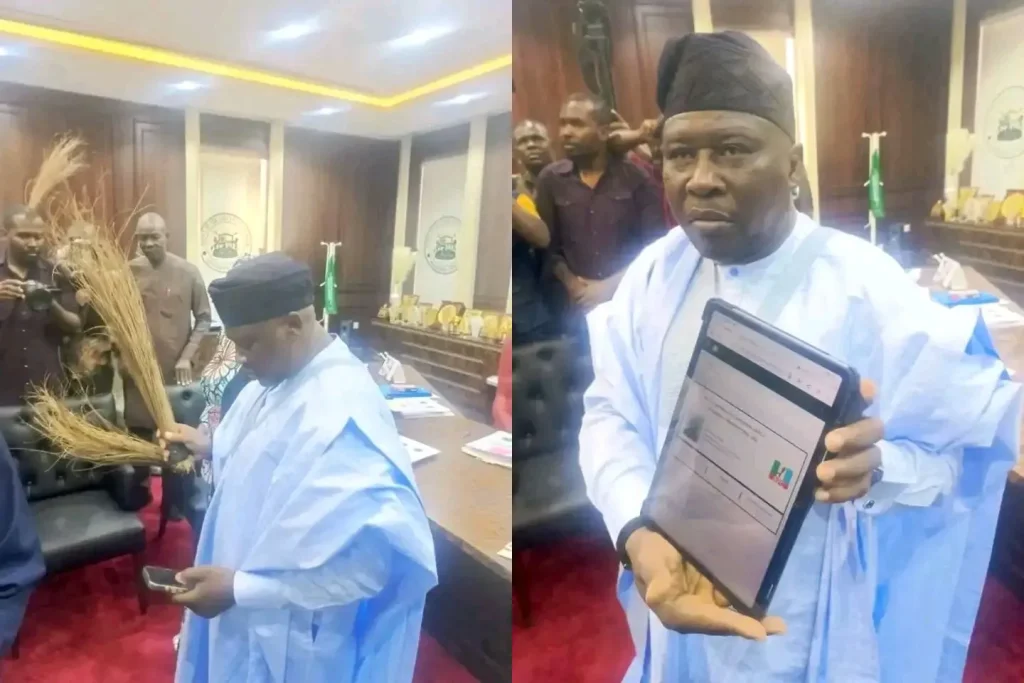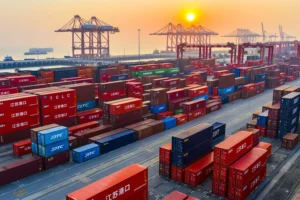The Debt Management Office has stated that China’s loans to Nigeria, which amount to $3.59 billion, account for only 9.4% of the country’s total foreign debt stock of $37.9 billion.
Ms. Patience Oniha, the Director-General of the DMO, stated this in an interview with the News Agency of Nigeria on Saturday in Abuja.
She further explained that the loans were mostly subsidized because no public assets were used as security.
According to NAN, reports concerning various African countries, including Nigeria, facing the possibility of losing some important national assets to the Asian country due to high levels of indebtedness has recently flooded both social and mainstream media.
“Nigeria’s total debt stock as of September 30 was $37.9bn; this figure comprised the external debt stock of the Federal Government, 36 state governments, and the Federal Capital Territory.
“ But total loans from China stands at 3.59 billion dollars, which is 9.47 percent of the total external debt. The loans did not require any national asset as collateral; they were largely concessional,’’ she said.
Oniha urged Nigerians to always seek official confirmation of sensitive material before distributing it.
She said that before foreign loans were negotiated, several government entities took extremely careful efforts to verify that they were advantageous to the country.
“Before any foreign loan is contracted, including the issuance of Eurobond, they are approved by the Federal Executive Council and thereafter, the National Assembly.
“An important and extremely critical step is that the loan agreements are approved by the Federal Ministry of Justice.
“An opinion is issued by the Attorney-General of the Federation and Minister of Justice before the agreements are signed.
“Several measures which operate seamlessly have been put in place to ensure that data on debt are available and that debt is serviced as at when due. Provisions are made explicitly for debt service in the annual budgets,’’ she said.
Oniha explained that the loans agreements provided several steps to take to resolve disputes when they arise.
“The first action is that the parties should resolve it within themselves and if that fails, they go to arbitration.
“In other words, a lender, in this case, China, would not just pounce on an asset at the first sign of a dispute, including defaults,’’ she said.
She added that the DMO kept accurate debt data, projected debt service payments, and processed actual debt service payments.
She noted that such responsibilities were shared with the Office of the Accountant-General of the Federation (OAGF) and the Central Bank of Nigeria (CBN).
Ada Peter




